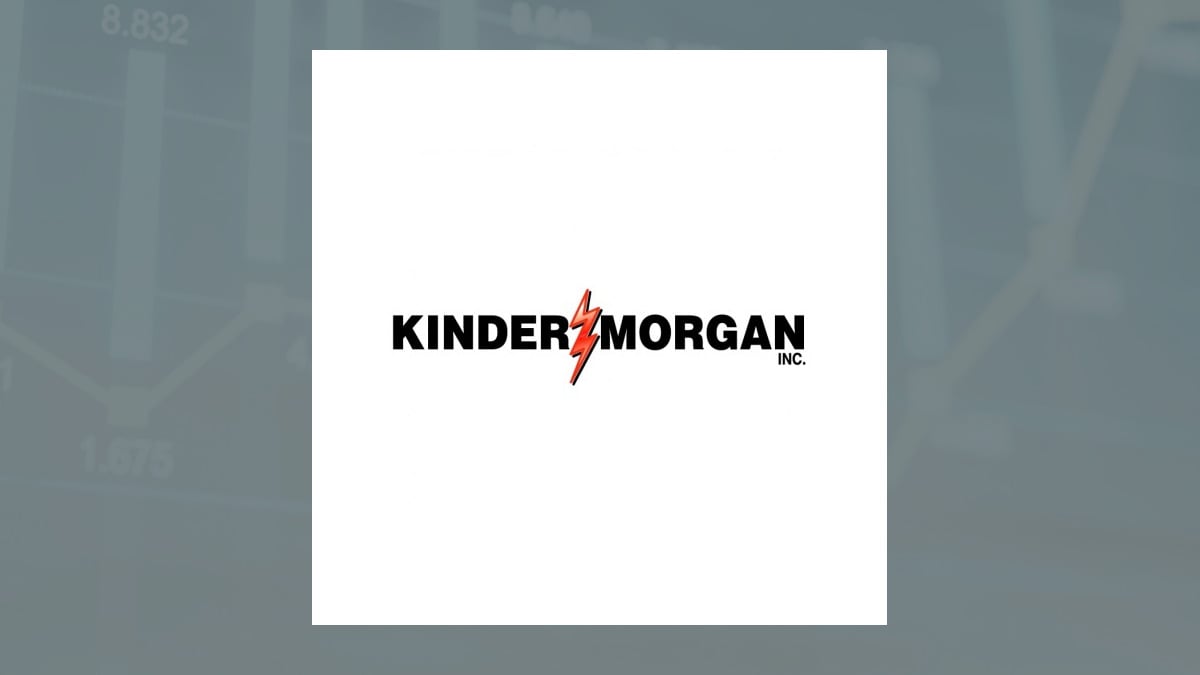 Kinder Morgan has seen revenue fluctuations driven by transportation and midstream services changes. Operating expenses rose in 2024 due to increased activity and inflation. Net income margin improved to 18% in Q1 2024. Management focuses on disclosure controls and market risks, with no major changes reported. Market share grew by 2%, showing plans for expansion. External factors pose risks, and cybersecurity isn’t explicitly addressed. Board composition remains stable, with a commitment to sustainability practices. Forward guidance aligns with long-term growth goals, with a $2.15 billion investment plan for 2024.
Kinder Morgan has seen revenue fluctuations driven by transportation and midstream services changes. Operating expenses rose in 2024 due to increased activity and inflation. Net income margin improved to 18% in Q1 2024. Management focuses on disclosure controls and market risks, with no major changes reported. Market share grew by 2%, showing plans for expansion. External factors pose risks, and cybersecurity isn’t explicitly addressed. Board composition remains stable, with a commitment to sustainability practices. Forward guidance aligns with long-term growth goals, with a $2.15 billion investment plan for 2024.
Executive Summary
Financials
Revenue growth has been fluctuating over the past three years, primarily driven by changes in volumes and rates for transportation and midstream services. Commodity prices and volumes also impact revenue, with offsetting effects on costs of sales. Operating expenses increased by $41 million in 2024 compared to 2023, driven by higher labor and other expenses related to increased activity levels and inflation. Significant changes in cost structures include lower costs of sales for natural gas and products, offset by higher derivative contract costs. The company’s net income margin for the three months ended March 31, 2024, was 18%. It has improved compared to the previous period. Its performance compared to industry peers is not provided in the information.
Management Discussion and Analysis
Management has focused on enhancing disclosure controls and procedures to ensure timely and accurate reporting. As of March 31, 2024, they have deemed these measures effective in providing reasonable assurance for required disclosure. Management assesses the company’s competitive position through market risk exposures and risk management activities, with no material changes reported. They highlight the importance of maintaining effective disclosure controls and procedures amidst potential market disruptions and limitations. Management identified potential risks in human error and controls circumvention. To mitigate, they conducted a thorough evaluation of disclosure controls and procedures. The CEO and CFO concluded the system was effective, providing reasonable assurance for timely and accurate disclosures.
Key Performance Indicators (KPIs)
Risk Assessment
External factors such as changes in supply and demand, commodity prices, new regulations, and market risks pose significant risks to the company’s operations and financial performance. KMI does not specifically mention how they assess and manage cybersecurity risks in the provided context. No information is given regarding their approach to cybersecurity in an increasingly digital business environment. KMI has disclosed legal proceedings and risk factors in its financial statements. It is addressing these issues by incorporating them into its reporting and continuously monitoring them.
Corporate Governance and Sustainability
The composition of the board of directors includes the Chief Executive Officer and Chief Financial Officer. There are no notable changes in leadership or independence mentioned in the provided context information. KMI has not specifically addressed diversity and inclusion in its governance practices and workforce in the provided context. There is no mention of a commitment to board diversity. KMI discloses its commitment to sustainability through initiatives such as renewable fuels and feedstocks. It also mentions evaluating financial interests in business enterprises for responsible practices.
Forward Guidance
The company’s forward-looking guidance aligns with its strategic initiatives and priorities outlined in the annual report by focusing on long-term demand, financial results, capital projects, and risk factors to ensure sustainable growth and success. KMI is factoring in the timing and extent of changes in the supply and demand for products, commodity prices, and new regulations. To capitalize on these trends, it plans to mitigate impacts, recover expenditures, and adapt to market uncertainties through strategic financial planning. Yes, the company plans to invest $2.15 billion in expansion projects, acquisitions, and joint ventures in 2024, indicating a commitment to long-term growth and competitiveness.
For more information:
This article was created using artificial intelligence technology from Klickanalytics.
